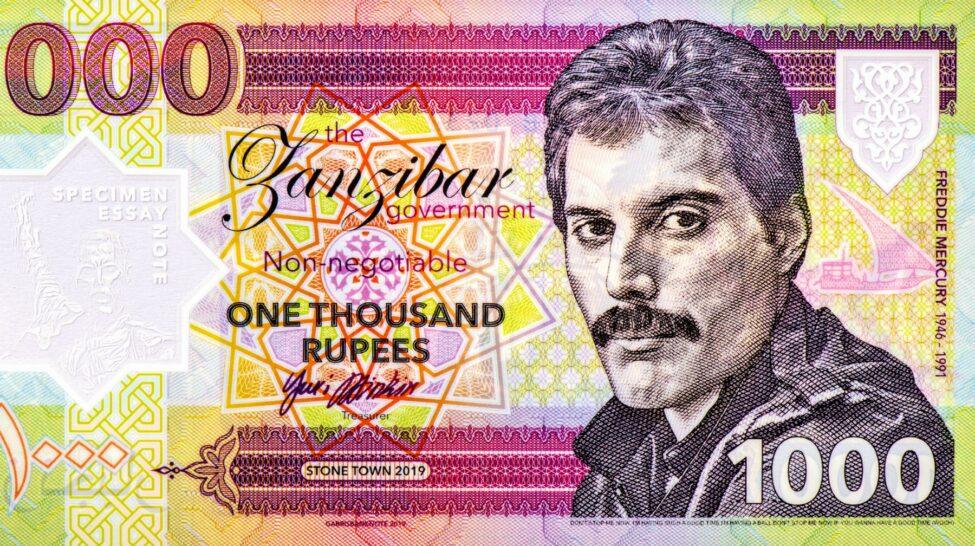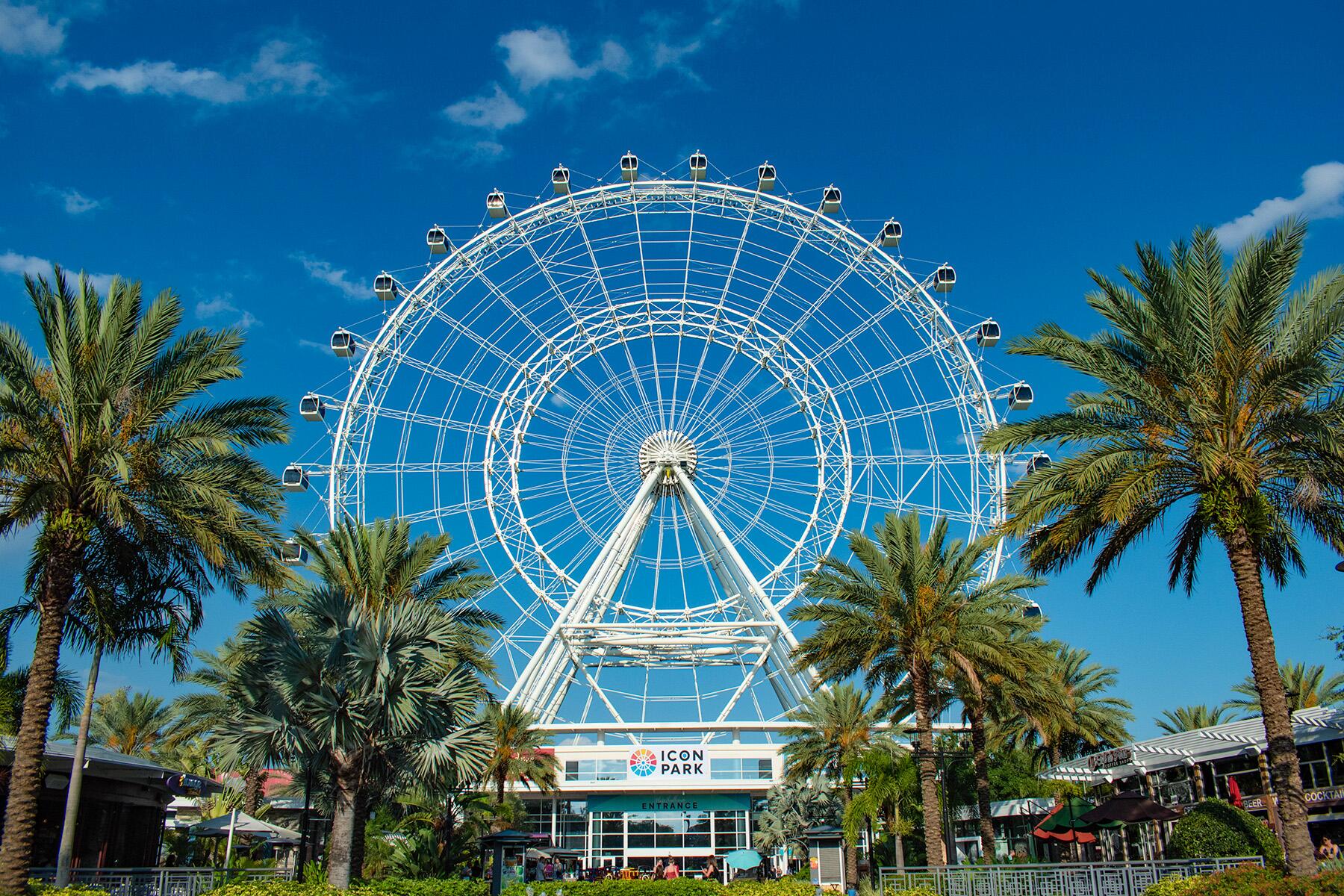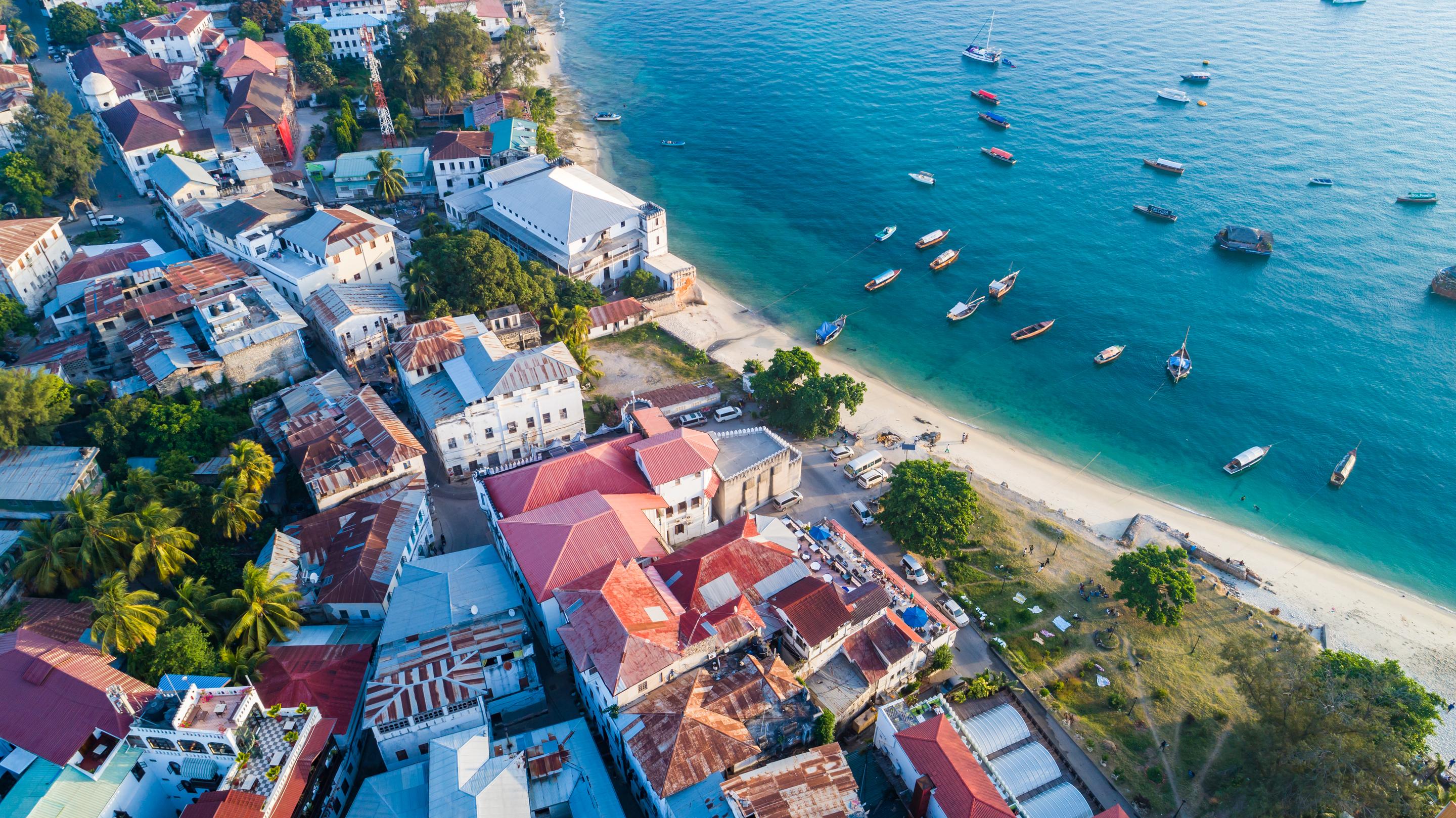You’ll find signs of the flamboyant Queen frontman in the most unlikely of tropical destinations.
Zanzibar, nostalgically referred to as the Spice Islands, evokes a range of colorful connotations. It’s not unusual for people to question where exactly in the world the island is. Much like Timbuktu, some people tend to question if it actually exists. Following a history pock-marked with periods of instability, Zanzibar has become one of the hottest island destinations for those wishing to avoid the more expensive Maldives and Seychelles, or those wishing to dip their toes into African travel. It also attracts one very specific type of tourist: those wanting to see the house that Freddie Mercury grew up in.
Freddie Mercury, Britain’s favorite high-octave import, was born in Zanzibar in 1946. Named Farrokh Bulsara at birth, his parents, Bom and Jer, were Indian-born Parsi of the Zoroastrian faith—one of the world’s oldest religions. Pre-dating Islam, Zoroastrianism was founded by the Iranian Zarathustra. It is focused around the premise that good words, thoughts, and deeds lead to salvation.
Located off the coast of Tanzania, the semi-autonomous island of Zanzibar was historically a bustling melting pot of cultures and ethnicities, led by a Sultan. By the time of Freddie’s birth, the Sultan—and various Arabic predecessors—had been in power for nearly 200 years, much to the agitation of the local African population.
Recommended Fodor’s Video
Like many other South Asian families—many of which also shared the Zoroastrian faith—the Bulsara’s had immigrated to the island to work. Under British rule, Freddie’s father was able to get a lucrative job in the colonial services, offering the family a comfortable lifestyle in stylish digs. During their time on the island, they lived in several different apartments in Stone Town. As time would soon tell, their cushy lifestyle (and the lifestyle of other Indian settlers) was the envy of many of the native Africans living on the island.
The peeling photographs plastered on the wall of Mercury House continue to entice tourists to the island, the perfect invitation for many to visit this tropical island.
Things turned ugly in 1964, with the idyllic setting of Zanzibar offering a strange contrast to a wave of violence taking place there. Just a month after gaining independence from British colonial rule, Arabic and South Asian settlers were targetted by local African revolutionaries, and the Sultan of Zanzibar was overthrown. The aftermath was bloody, with estimates varying from several hundred to up to 20,000 killed.
Unsurprisingly, the Bulsaras decided it was best to leave Zanzibar. They fled the country and entered the United Kingdom as refugees. Settling in London, Freddie eventually enrolled in the Ealing College of Art. Through friends at the school, he ended up meeting Roger Taylor and Brian May of Smile. In time, they formed a new band, Queen, and the rest—as they say—is history.
Freddie himself was guarded about his Zanzibari past. He did, however, proudly admit to his Zoroastrian faith. After reaching London, it didn’t take him long to shy away from his cultural heritage, and he changed his name to his famous Mercury moniker sometime in the early 1970s. In true Freddie fashion, he often claimed he had exotic roots, but he preferred to maintain an air of mystery on what they specifically were.
In the last ten years, tourism to Zanzibar has grown steadily. Even Brian May—Freddie’s former Queen bandmate—has taken an interest, visiting Stone Town earlier in 2019. The Zanzibari locals are, however, understandably keen to promote Freddie’s links to the islands. The mammoth effort put into promoting Mr. Mercury’s stint on the island seems to outweigh the actual time Freddie spent there, or any feelings he had for the city of his birth. Despite being born in Zanzibar, he actually spent most of his childhood and teenage years being educated in India.
Tours to experience Freddie’s Stone Town abound in the city. They focus on everything from the faded snapshots stuck to the facade of (one of several) childhood homes, to the Missionary School where he started his education, and through to the fire temple where he was said to have been inducted into the Zoroastrian faith. Freddie never returned to the country of his birth, but a whole new generation of Queen fans seem certain to make up for lost time.

Visitors to Zanzibar are immersed in a cultural experience that tempts the senses, and most walk away with a love for the fast-talking, slow living nature of the island. There is one dynamic that is hard to ignore, though. Should Freddie Mercury have lived in Zanzibar today, it is unlikely that he would have found much acceptance. There’s an uncomfortable tension between the obvious economic benefit derived from Freddie-mania and the fact that Tanzania itself—of which Zanzibar is an autonomous state—is strongly against homosexuality. In late 2018, the Tanzanian Government further stripped the rights of LGBT people, asking citizens to report homosexual activity, with severe jail terms for those who are found guilty. Given Freddie’s gay-icon status, this sits rather uncomfortably for a lot of Queen fans who consider visiting the island.
Zanzibar, like other areas of Africa and the Middle East, is also coming to terms with the westernization that creeps in with an inevitable growth in international tourism. While reliance on the tourism dollar increases and locals reap the rewards of an influx of sunseekers keen to experience island life, this sometimes comes at odds with local religious beliefs. In Zanzibar, it’s not unusual to see women in scantily clad bikinis wander amongst billowing black abayas. While it is, thankfully, a lot safer to visit the island than it was in the 1960s and 1970s, Zanzibar is still figuring out just how it wants to cash in on the tourist dollar—and just how comfortable it is with doing so.
The peeling photographs plastered on the wall of Mercury House, however, continue to entice tourists to the island, the perfect invitation for many to visit this tropical island. As Zanzibar continues to develop as a tourism destination, it’s also beginning to mature its tourism promotion strategy, focusing on what else it has to offer—pristine white-sand beaches, bustling spice markets, and a rather turbulent (but fascinating) history—all of which appeal to an educated and curious tourist demographic. Although visitors will continue to seek out the small stone house that once housed one of the greatest rock-gods to have ever lived, there are plenty of other delights on offer.
By all means, visit Zanzibar for Freddie. But stay for something more.



